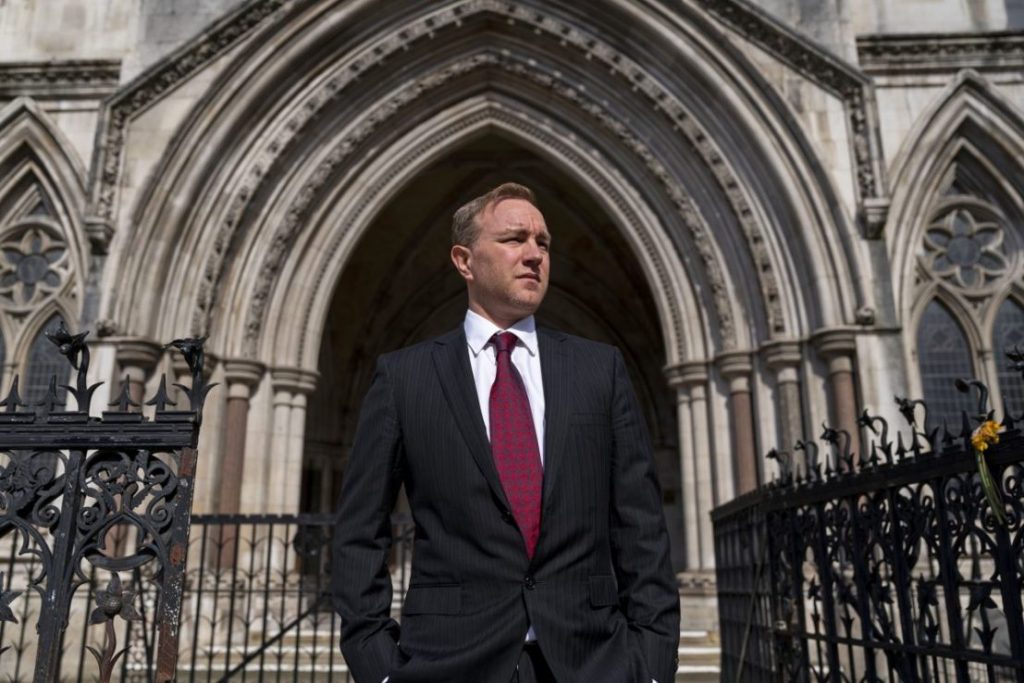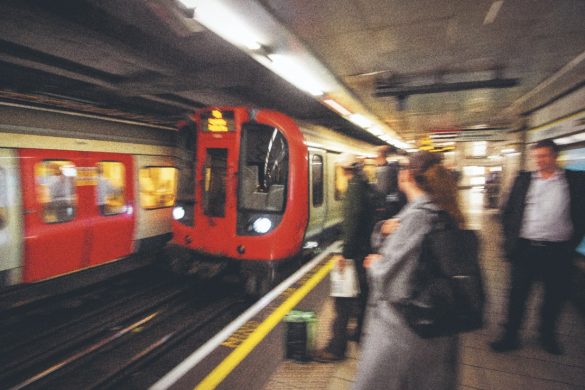Former City traders convicted as part of the rate-rigging scandal are playing their last remaining card this week by taking their case to the Supreme Court.
The scandal arose in 2012 when banks were discovered to be falsely inflating or deflating their rates.
In August 2015, former UBS and Citigroup trader Tom Hayes was found guilty of conspiracy to defraud by ‘rigging’ the London Inter-Bank Offered Rate (LIBOR).
Former Barclays trader Carlo Palombo was found guilty of conspiracy to defraud by rigging the Euro Interbank Offered Rate (EURIBOR) in March 2019.
The Serious Fraud Office (SFO) investigated and prosecuted both men and others in the EURIBOR case.
After 54 years, the Bank of England and Financial Conduct Authority (FCA) confirmed last October that all 35 LIBOR settings have permanently ceased.
Hayes spent over five years in prison, while Palombo served four years.
The Criminal Cases Review Commission (CCRC) referred the case to the Court of Appeal, concluding there was a “real possibility” the Court would conclude their convictions were unsafe.
This decision came after a ruling by the US Appeal Court regarding the definition and proper operation of LIBOR and EURIBOR.
However, the Court of Appeal upheld Hayes and Palombo’s convictions last March.
Speaking outside the Court last year, Hayes told the press that the “UK remains an international outlier in relation to the definition operation of Libor, not only with America but also with Europe.”
The Court of Appeal rejected the men’s application to appeal to the Supreme Court, so they had to go to the Court directly.
Their last sting at trying to overturn their convictions is set for the Supreme Court tomorrow.
However, Emma Shafton, financial crime expert at Reed Smith, said: “It’s difficult to see how the conviction could be overturned on the basis that the UK is an outlier in its approach to LIBOR.”
“That argument alone is unlikely to move the Court. To put it simply, the findings of another jurisdiction’s courts are very rarely decisive. Just because something is common practice overseas does not have a bearing on its legality under English law,” she explained.
Maia Cohen-Lask, partner at Corker Binning, added: “It is unclear whether the Supreme Court will tackle [the US interpretations] head-on, the Court of Appeal having side-stepped the issue by suggesting that the two jurisdictions were in fact considering different questions.”
“However, it is consideration of the cross-jurisdictional impact question, not the LIBOR definition question, which has the potential to have ramifications for future prosecutions,” she added.
The hearing starts on Tuesday and runs until Thursday. A highly anticipated judgment will follow at a later date.



